how to prevent/remove aphids on honeysuckle
lycheeluva
15 years ago
Featured Answer
Sort by:Oldest
Comments (27)
tsugajunkie z5 SE WI ♱
15 years agoKimmsr
15 years agoRelated Professionals
Danbury Landscape Architects & Landscape Designers · Wrentham Landscape Architects & Landscape Designers · Folsom Landscape Architects & Landscape Designers · Glendora Landscape Architects & Landscape Designers · Maple Valley Landscape Contractors · Braintree Landscape Contractors · Cupertino Landscape Contractors · Davis Landscape Contractors · Mashpee Landscape Contractors · Merced Landscape Contractors · Mission Viejo Landscape Contractors · Pompton Lakes Landscape Contractors · Rockwall Landscape Contractors · Stallings Landscape Contractors · Selma Landscape Contractorsschmoo
15 years agorhizo_1 (North AL) zone 7
15 years agokimkitchy
14 years agorhizo_1 (North AL) zone 7
14 years agokimkitchy
14 years agorhizo_1 (North AL) zone 7
14 years agokimkitchy
14 years agorhizo_1 (North AL) zone 7
14 years agovixie007
8 years agovixie007
8 years agokimmq
8 years agorhizo_1 (North AL) zone 7
8 years agokimmq
8 years agogardengal48 (PNW Z8/9)
8 years agoHU-144656373
2 years agoVincent luber
last yeargardengal48 (PNW Z8/9)
last yearVincent luber
last yeargardengal48 (PNW Z8/9)
last yearVincent luber
last yearrhizo_1 (North AL) zone 7
last yearmartur90
last yearVincent luber
last yearNat P
last year
Related Stories

EDIBLE GARDENSNatural Ways to Get Rid of Weeds in Your Garden
Use these techniques to help prevent the spread of weeds and to learn about your soil
Full Story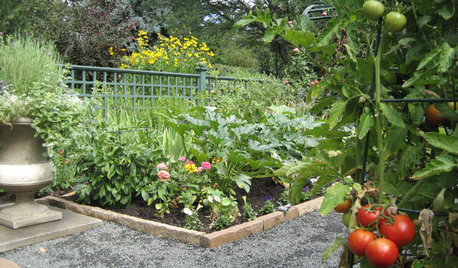
GARDENING GUIDESPacific Northwest Gardener: What to Do in June
Now's the time to prune pines and vines, prevent pests and buy June-blooming plants to keep your garden healthy and beautiful
Full Story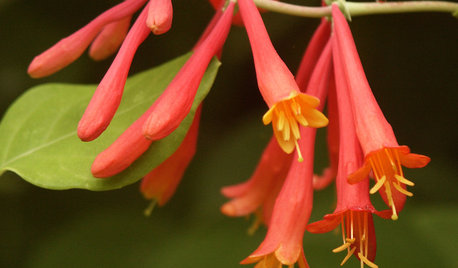
GARDENING GUIDESGreat Design Plant: Lonicera Sempervirens
Grow this long-blooming, flashy flowering vine to cover a fence or arbor and attract hordes of hummingbirds all season long
Full Story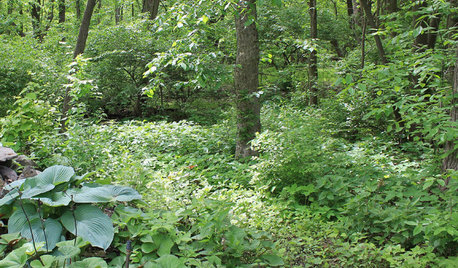
LANDSCAPE DESIGNGarden Overhaul: Which Plants Should Stay, Which Should Go?
Learning how to inventory your plants is the first step in dealing with an overgrown landscape
Full Story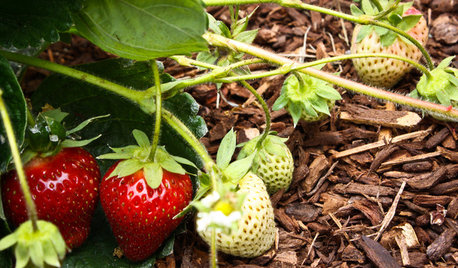
SPRING GARDENINGSummer Crops: How to Grow Strawberries
Pluck your own sweet strawberries right from the garden vine for smoothies, salads or eating then and there
Full Story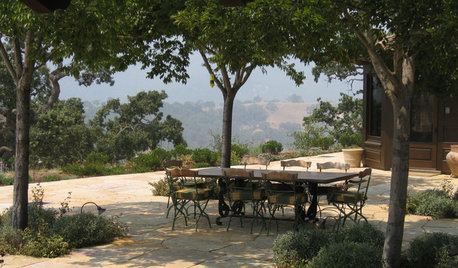
GARDENING AND LANDSCAPINGHow to Pick the Right Garden Ceiling
Canopy, umbrella, tree or sky — for the finishing touch in your garden, consider what's overhead
Full Story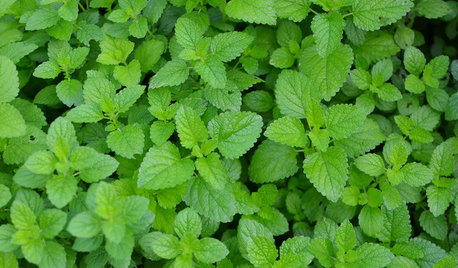
GARDENING GUIDESHerb Garden Essentials: Grow Your Own Delicious Mint
Pull out a pot for this one. Mint's spreading habit and hard-to-kill nature can be a blessing — if you're properly prepared
Full Story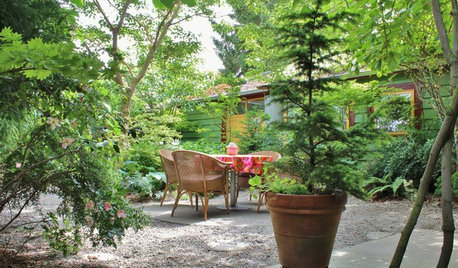
INSPIRING GARDENSFrom Concrete Lot to Gracious Organic Garden in Seattle
Plants, pests and even weeds have a place in this landscape, which offers an edible bounty and a feast for the eyes
Full Story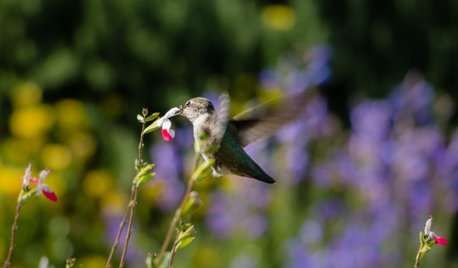
GARDENING GUIDESAttract Hummingbirds and Bees With These Beautiful Summer Flowers
Roll out a welcome mat for pollinators to keep your landscape in balance and thriving
Full Story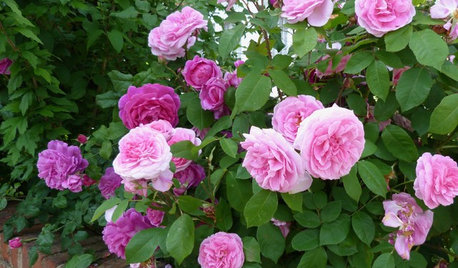
GARDENING GUIDESWhat Kind of Roses Should You Grow?
Want to add the beauty of roses to your garden? Find out which ones, from old-fashioned to modern, are right for you
Full Story





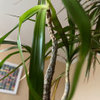
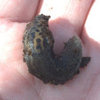
martur90